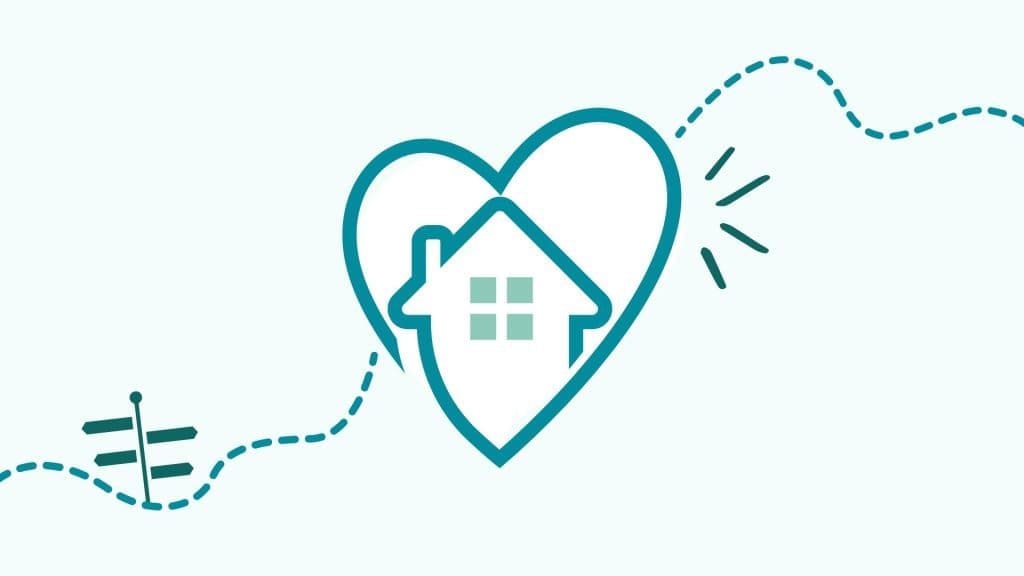How Home Care Providers Australia Can Improve Your NDIS Plan Administration and Support
How Home Care Providers Australia Can Improve Your NDIS Plan Administration and Support
Blog Article
Exactly How In Home Care Givers Address the Unique Difficulties and Psychological Requirements of Households Looking For Assistance for Their Relatives
At home caregivers play an essential duty in navigating the intricacies faced by households looking for assistance for their enjoyed ones. By comprehending unique family members characteristics and providing customized psychological assistance, these professionals not only address immediate care requirements but also promote an atmosphere of depend on and open communication (in home caregivers).
Comprehending Family Members Characteristics
Understanding household characteristics is vital for offering effective in-home care, as each household operates within an unique collection of interactions and relationships. These dynamics encompass numerous components, consisting of interaction designs, roles, and class structure that influence exactly how care is provided and gotten. The caretaker needs to recognize these elements to ensure that treatment strategies line up with the family members's values and expectations.
Various family members might display unique patterns of interaction, such as collective strategies or hierarchical frameworks. As an example, in some family members, a key decision-maker may hold considerable impact, while in others, decisions may be extra democratic. Recognizing these patterns assists caretakers tailor their approaches to fit the family's certain requirements.
Furthermore, social histories play a vital role in forming household characteristics. Caretakers need to be culturally proficient, recognizing and respecting diverse practices and ideas that may influence treatment preferences.
Eventually, a thorough understanding of household characteristics promotes improved communication, fosters count on, and boosts the caregiver's capacity to sustain the household successfully. By acknowledging the intricate internet of connections and obligations, caregivers can create a supportive atmosphere that promotes wellness for both the specific receiving care and the family members in its entirety.
Giving Emotional Assistance
Giving psychological assistance is an essential component of at home care that significantly improves the wellness of both the individual obtaining care and their relative. In the context of caregiving, psychological assistance includes energetic listening, compassion, and validation of feelings. Caretakers are educated to identify the emotional struggles that families deal with, such as anxiety, seclusion, and shame, and to supply a thoughtful visibility that eases these problems.
By cultivating open communication, caregivers create a safe room for member of the family to express their issues and fears. This dialogue not just encourages emotional release but also strengthens depend on between the caregiver and the family. In addition, caregivers can use functional strategies to aid households manage stress and anxiety and advertise strength.

Inevitably, the emotional support given by in-home caregivers improves the lifestyle for both customers and their families, advertising an extra caring and understanding caregiving environment. This holistic approach makes sure that emotional needs are dealt with together with physical health and wellness factors to consider.
Handling Daily Care Tasks
Taking care of day-to-day care tasks is an essential facet of in-home treatment that makes certain individuals get the assistance they need to preserve their health and independence. Caretakers play an important function in aiding with tasks of daily living (ADLs), that include bathing, clothing, grooming, and meal preparation. By handling these obligations, caretakers aid ease the physical and emotional concerns that households may deal with while looking after their loved ones.
Along with individual treatment, caregivers are additionally tasked with medication management, making certain that customers follow suggested timetables and dosages. This oversight is essential for maintaining wellness and avoiding negative results from missed out on or wrong medications. Caretakers commonly aid with mobility, providing assistance for customers relocating around their homes, thus lowering the risk of falls and enhancing general security.

Cultivating Open Interaction
Reliable monitoring of daily treatment jobs commonly hinges on the quality of communication in between caretakers, customers, and their households. Open communication promotes an atmosphere navigate to this site where concerns, preferences, and responses can be freely traded, guaranteeing that treatment is customized to satisfy private demands. Caretakers must focus on routine check-ins with both customers and their families, helping with conversations that deal with any kind of problems or adjustments in care requirements.
Using numerous communication techniques-- such as in person conferences, phone telephone calls, and created updates-- can boost understanding and supply family members with assurance. It's necessary for caregivers to proactively pay attention, demonstrating empathy and regard for the emotional landscape of the household. Encouraging questions from relative can also help clarify treatment strategies and strengthen the caregiver's commitment to transparency.
Furthermore, preserving open lines of interaction makes it possible for caregivers to identify and respond without delay to any type of changes in a client's wellness status or psychological health. This positive strategy not just reinforces the caregiver-client dynamic however likewise encourages families to take part actively in the treatment procedure. Ultimately, cultivating open communication is vital for improving the top quality of in-home treatment and promoting a supportive ambience for all involved.
Structure Trust and Relationships
Trust is the cornerstone click here for more of successful at home care, as it develops a foundation for significant connections between caregivers, customers, and their family members. Building this trust calls for constant, transparent communication and a genuine dedication to the wellness of those entailed. Caretakers need to show dependability via preparation, adherence to care plans, and responsiveness to the demands and choices of clients.
To foster trust, caretakers should participate in energetic listening, making sure that families really feel listened to and comprehended. This entails not only resolving immediate problems yet likewise expecting future requirements, thus equipping households and improving their feeling of control. Establishing relationship through shared experiences and considerate interactions can even more strengthen these connections.
Furthermore, caregivers must be trained to identify and address the emotional intricacies faced by families. By revealing empathy and concern, they can ease worries and uncertainties, reinforcing count on. Regular updates and check-ins with relative can also enhance openness, allowing them to feel involved and notified about their enjoyed one's care.
Eventually, building depend on and nurturing Full Report relationships in at home treatment is a joint procedure that dramatically influences the high quality of treatment supplied, fostering an encouraging atmosphere that profits everybody involved.
Verdict
At home caretakers play a crucial function in dealing with the one-of-a-kind challenges and psychological needs of families. By recognizing household dynamics, giving psychological support, and fostering open communication, caregivers boost the overall caregiving experience. Their ability to manage day-to-day care tasks while building depend on and solid connections grows a supportive environment for customers and their families. Ultimately, the caring interaction of caretakers substantially adds to improved wellness and resilience for those navigating the complexities of caregiving.
Comprehending family characteristics is critical for providing effective at home treatment, as each family members runs within an unique set of communications and relationships.Giving psychological assistance is a crucial component of at home care that substantially improves the health of both the private receiving treatment and their household participants. By taking on these responsibilities, caretakers assist reduce the physical and psychological burdens that family members may deal with while caring for their enjoyed ones.
Efficient management of day-to-day treatment tasks often pivots on the quality of communication in between caretakers, customers, and their family members - in home caregivers.Trust is the keystone of successful in-home care, as it establishes a structure for meaningful relationships in between caregivers, customers, and their families
Report this page